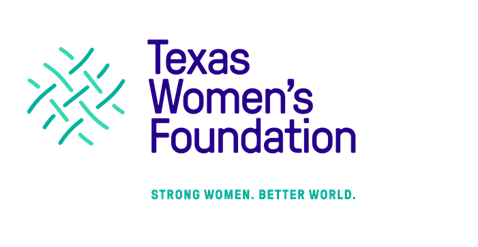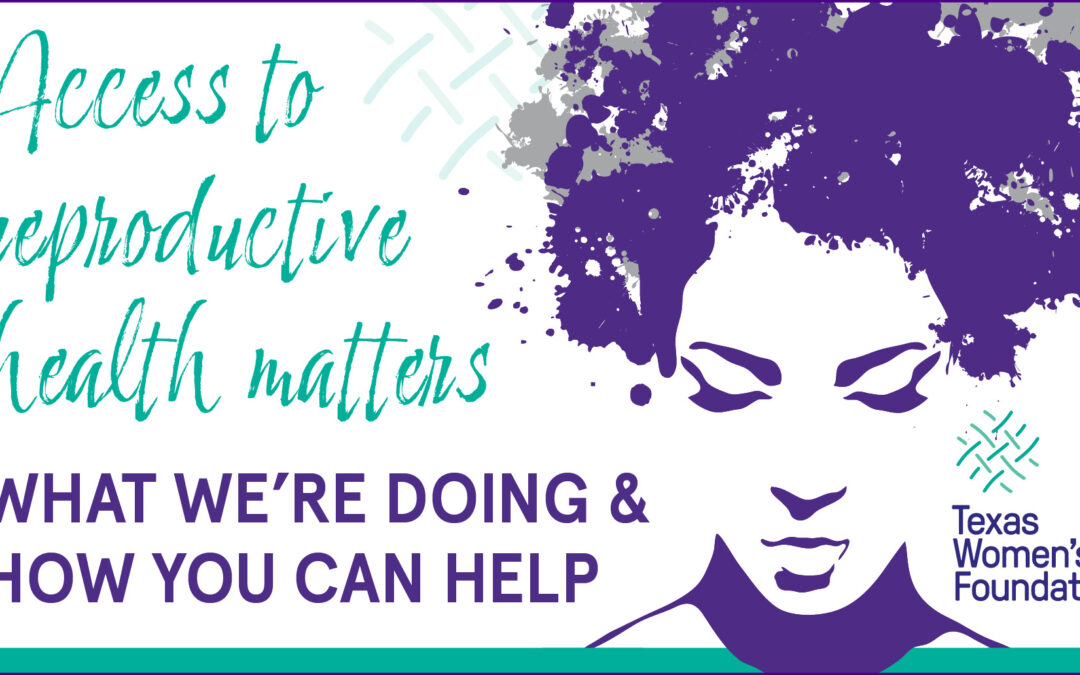TXWF knows that reproductive health is an important part of women’s health. Having the freedom and ability to access all types of contraception, preventive services, prenatal care and screenings impacts mental health and has economic security ramifications.
As noted in the “Economic Issues for Women in Texas, 2020”, Texas women are twice as likely to be uninsured as women in the United States, 23% are uninsured in Texas versus 11% in the United States as a whole. Lack of health insurance results in higher rates of maternal mortality and delays in healthcare can result in future health concerns and increased medical debt. The most effective forms of birth control can cost $1,300, out of reach for many working families.
And access is not just hampered by lack of insurance or cost. According to the March of Dimes, 48.4% of Texas counties do not have any obstetric care adding transportation, child care and time off from work to efforts to obtain care.
Since 2018, TXWF has funded over $4 million in health care access grants. Examples of our support include:
- Women’s preventive healthcare screenings;
- General health care services for uninsured women;
- Education and outreach to reduce teen pregnancies;
- Contraception access; and
- Mental health counseling services for Spanish speaking women and girls.
In addition to grants, TXWF has worked with partners across the state to advocate for expansion of maternal Medicaid coverage from 60 days to 1 year. In 2021, the Texas Legislature moved partway extending maternal Medicaid to 6 months but we know that is not enough. The Texas Maternal Mortality and Morbidity Taskforce has stated that up to 89% of maternal deaths are preventable and that 1 year of coverage post partum is key. TXWF hopes to see additional Medicaid extensions passed during the 2023 Texas Legislative session.
The economic impacts are also clear in that access to contraception has helped to increase women’s earning power and decrease the gender gap in pay. Women aged 18 to 21 who have access to birth control earn 5% more per hour and 11% more per year by the time they’re 40. That’s an extra $2,200 annually.
To TXWF, reproductive freedom is an important part of comprehensive health care that supports economic stability for women and families in Texas.
Your gift to the Health Care Access Fund supports Texan women having the freedom and access to reproductive health care options.
FAQ:
Q: What is Texas Women’s Foundation’s position on the overturn of Roe v. Wade?
A: Texas Women’s Foundation supports and advocates for women’s health. We understand that the ramifications of this decision can cause a damaging ripple effect for low-income women and those who live in rural areas with less access to quality health care and health insurance. The result is an increase in health and economic disparities for women across our state and nation.
Q: How do you see this decision impacting Texas women and girls?
A: According to America’s Health Ranking, Texas ranks at nearly the bottom in overall women’s health, children’s health, and infant’s health, a state of affairs that will only get worse as health care services and programs become more difficult to access for women and families.
Q: How will Texas Women’s Foundation respond to the overturn of Roe v. Wade?
A: Our commitment to investing in women’s overall physical and mental health remains steadfast. We will continue to support services and programs that provide quality mental and health services to low-income women and families who will be greatly impacted by this decision.
Q: How is TXWF supporting women’s health?
A: Since 2018, we’ve invested $4 million in programs that provide breast cancer screening and treatment, education to reduce teen pregnancy, contraception access, Spanish-language mental health counseling, and general health care services for uninsured and under-insured women. Additionally, TXWF has worked with partners across the state to advocate for expansion of postpartum maternal Medicaid coverage from 60 days to one year. In 2021, the Texas Legislature made some progress on this issue with an expansion of six months, but we know this is not enough. TXWF will actively champion further expansion of postpartum Medicaid coverage during the 2023legislative session
Q: What can we do to help support women in Texas at this time?
A: Through our Child Care Access, Health Care Access and Housing Stability initiatives, we are investing for the long-term in sustained programming and services that move women and girls from surviving to thriving, and gives them control of their lives and their families’ futures.
Donate to txwf.org to support the economic security of women and families.
Click here to view the Infographic

